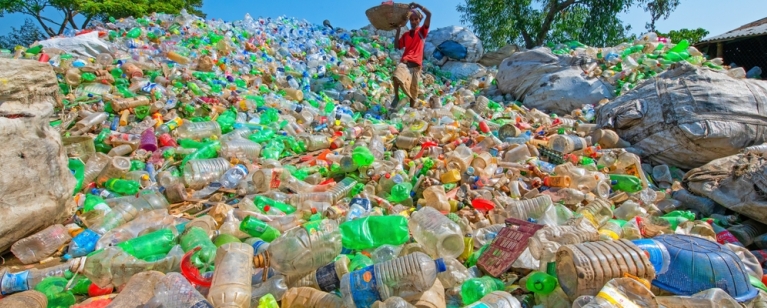
Presentation and recording from ETI insights webinar, 25 June 2025.
Speakers
- Ines Kaempfer, CEO, The Centre
- Gayang Ho, Director of Research, The Centre
- George Williams, ETI
- Gayang Ho, The Centre
- Andile Dludla, Mr Price Group
- Nin Castle, Reverse Resources
- Moderated by Mark Robertson, Senior VP, The Centre
As pressure to adopt circular supply chain practices grows, businesses must also confront the human and child rights risks within these systems - particularly in recycling and post-industrial waste sectors. Much of this work is currently done by informal workers, often under unsafe and exploitative conditions. These workers, many of them women and children, lack contracts, protections and fair wages, and are regularly exposed to hazardous materials.
Despite their important role, they are often left out of formal circularity strategies and investment plans. This exclusion not only threatens the wellbeing of recycling workers but also risks undermining circular solutions themselves. Cost-effective informal operations may outcompete more sustainable but expensive models, and without inclusion, conditions for existing workers may worsen.
This webinar explored how circularity can - and must - go beyond environmental goals to include social responsibility. Joined by experts actively working in this space, the session explored findings from ETI member, The Centre for Child Rights and Business’s research in Bangladesh, and discussed how circular business models can meaningfully include and support the people already working in this space.
This event was part of our ETI Insights series.
